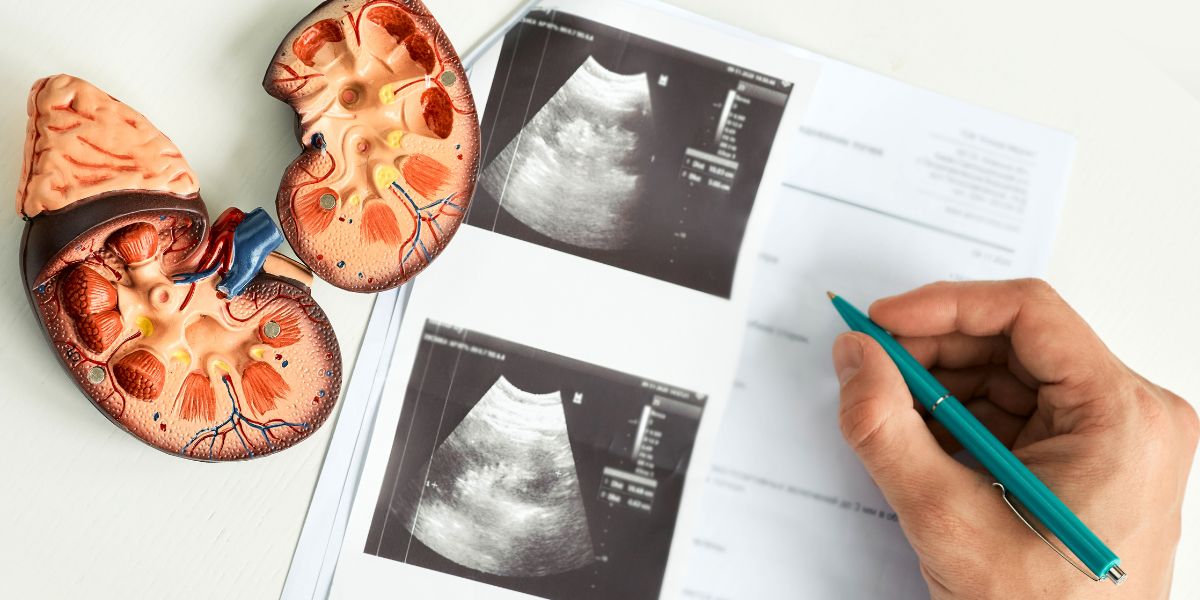Two tests are performed to screen for kidney disease (or nephropathy). For the first test for signs of kidney disease, you will be asked to provide a sample of your urine.
The sample will be tested to see whether there is protein in the urine (proteinuria).
For the second check, you will need to provide a sample of blood.
The test checks the glomerular filtration rate of your kidneys to see how well they are performing.
Why do I need to be screened for diabetic nephropathy?
Kidney disease is one of the more common complications of diabetes, so it is important to be screened at least once a year. As with other diabetic complications, the sooner it is spotted the more easily it can be treated.
Preparing for a urine test
If you have been supplied with a urine collection bottle previously, you will usually be expected to bring a urine sample within the bottle.
The bottle needn’t be filled, an inch or two of liquid should be sufficient to carry out the test.
If a collection bottle has not been provided previously, the clinic should have these on hand. In this case, you will need to be able to provide a sample at the clinic.
Preparing for a blood test
For the blood test, this will usually be taken when other tests are performed, such as cholesterol and HbA1c
The blood test will usually be done at least a couple of weeks in advance of a clinic or diabetic care review.
If you have been given a phlebotomy form with a sealed plastic envelope at your last clinic/review, take this with you.
How will I get the blood and urine test results?
The urine test can often be carried out quickly and results provided there and then, but some tests may be sent off to the lab. If protein is found to be present, you will be informed.
You can expect to receive the results of the blood test at or shortly after your diabetic care review.
What if I have protein in my urine?
If protein is found in your urine, it may indicate a condition known as proteinuria , which can result from kidney damage.
In some cases your health team may ask you to provide another sample of urine first thing in the morning to check whether the presence of protein in the urine first time was an exception.
What if I have reduced kidney function?
Kidney function reduces gradually, usually over a period of years or decades. The treatment offered will depend on how serious the problem is.
There are five stages of kidney disease. The first 3 stages will usually be treated by your GP and could involve lifestyle changes with the possibility of medication. If you are in stage 4 or 5 of nephropathy, you should be seen by a specialist.
- Find out more about Diabetic Nephropathy







